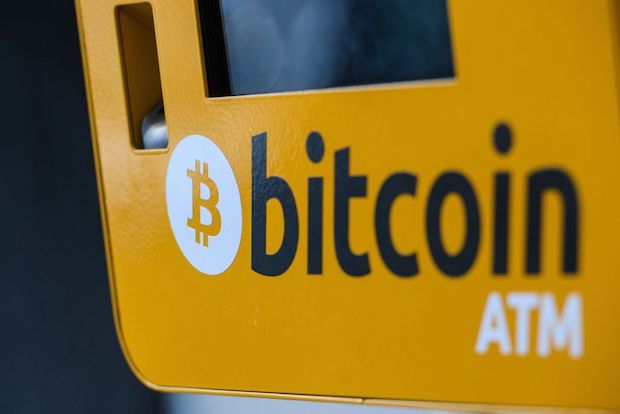Over Christmas, Bitcoin has continued to generate crazy headlines — and crazy profits for those smart enough to sell at the peaks. The price tumbled from above $19,000 to below $13,000 but it did not crash out of sight, as sceptics continue to predict.
Meanwhile, from Japan we hear that the ‘wealth effect’ of a million Bitcoin holders who believe themselves richer could be the turbo-boost to consumer spending that Japan’s flaccid economy has been seeking for decades. US news sources express concern about the environmental impact of global computer operations related to Bitcoin, which now consume as much electricity as three million American households or the whole of Denmark. And in London we learn that the Bank of England could ‘trigger the death of high-street banks’ by creating its own Bitcoin-style cryptocurrency next year.
Blimey, you’re thinking, this thing’s a monster. And so it may be, but common to all these stories is a whiff that their reporters don’t really understand what they’re writing about. I can say this because after four decades in the financial world, I admit I don’t fully grasp the Bitcoin phenomenon myself — and after a quarter-century in journalism, I think I can spot a bluffing hack.
But at least that Bank of England titbit is less sinister than it sounds. The Bank has for some time been looking into blockchain or ‘distributed ledger’ technology — a kind of giant virtual spreadsheet that facilitates cryptocurrency dealings — as a possible alternative low-cost payment network to compete with traditional interbank transfers. Such a useful outcome might be the real-world legacy of today’s Bitcoin fever, in which no one knows anything except the gradient of the price graph.
Jamie Dimon, America’s top banker as chairman of JPMorgan Chase, famously said in October ‘God bless blockchain’ but ‘if you’re stupid enough to buy Bitcoin’ you’ll eventually get stung, not least because ‘one day, governments are going to crush it’. After he said that, mind you, a JPMorgan analyst said ‘Bitcoin is the new gold’ and Dimon’s own daughter declared herself a Bitcoin buyer. That’s the way of the world, and there’s a prize for the reader who sends (to martin@spectator.co.uk) the most articulate 100-word justification for following the daughter’s example over the father’s advice.
This is an extract from Martin Vander Weyer’s Any Other Business column, in this week’s Spectator.







Comments